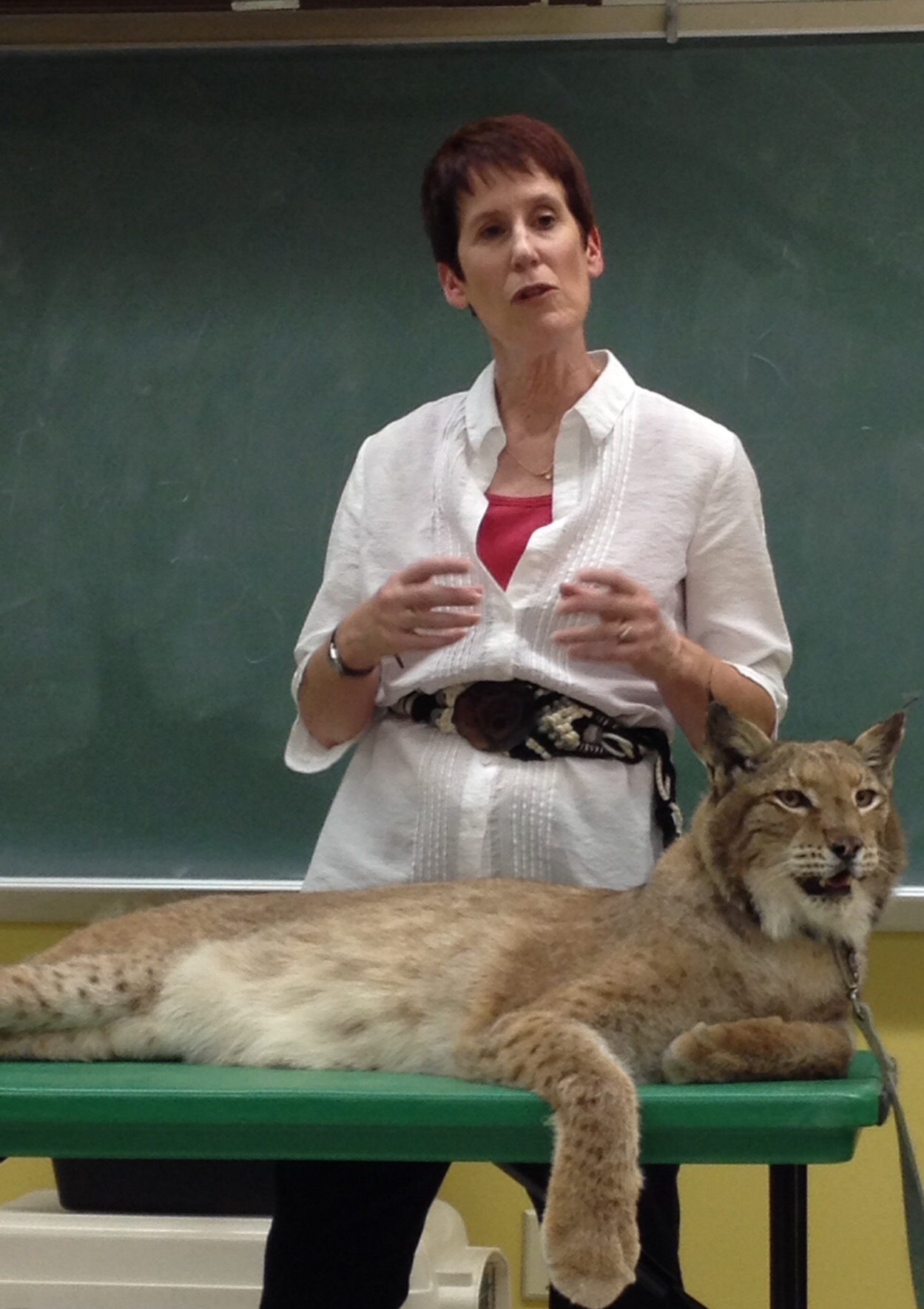Lilia Illes
Biography
(Ph.D., UCLA) is a Lecturer whose research interests focus on wildlife and natural resource conservation, and human attitudes and interactions with wildlife. She is particularly interested in human/wildlife conflict resolution. Dr. Illes has conducted and participated in wildlife conservation projects in over a dozen developing nations. Dr. Illes is currently conducting research on human attitudes toward wildlife and wildlife conservation in the era of the COVID 19 pandemic.
Dr. Illes teaches a wide variety of courses, including general education geography courses and GIS. Additionally, she teaches upper division Environmental Studies courses often focusing on wildlife conservation.
As a native Los Angeleno, Dr. Illes has a great interest in Metropolitan Los Angeles and the state of California. Consequently, she enjoys teaching students about L.A./CA’s history, uniqueness, and how the region influences the country and the world.
Education
Ph.D., UCLA
M.S., California State University, Fullerton
B.A., University of Southern California
Research
My primary research interests are in wildlife conservation, with a special interest in human/wildlife conflict resolution in developing nations. I have conducted or participated in conversation projects in over a dozen developing nations, primarily on the continent of Africa and in the Southeast Asia region.
My research centers on mammals, with a particular emphasis on primates. However, I have have studied and worked with elephants, pangolins, rhinos, sloth bears, sloths, bald eagles, and an assortment of smaller mammals and birds. It is important to look at an environment holistically in order to find solutions and to foster successful conservation efforts.
I am also interested in attitudes toward wildlife and wildlife conservation inI am currently examining the impact of the COVID 19 pandemic on Zoos and Aquariums in the U.S. and abroad, and the apparent lack of American public concern for the viability of such institutions during the pandemic.


